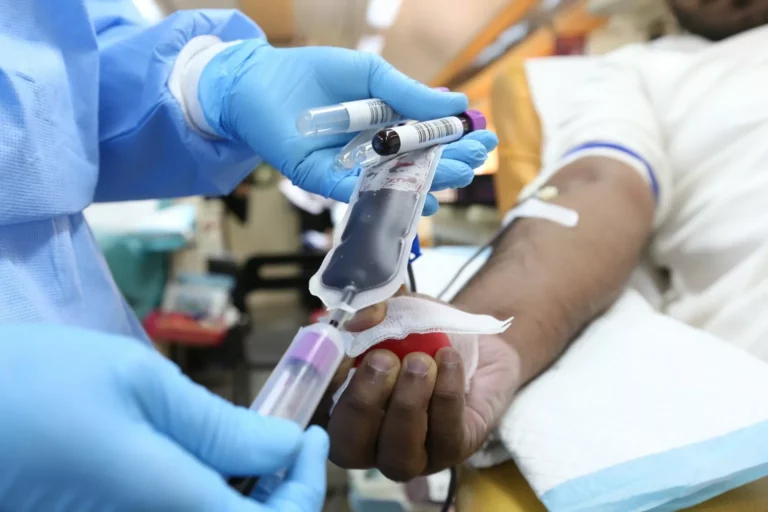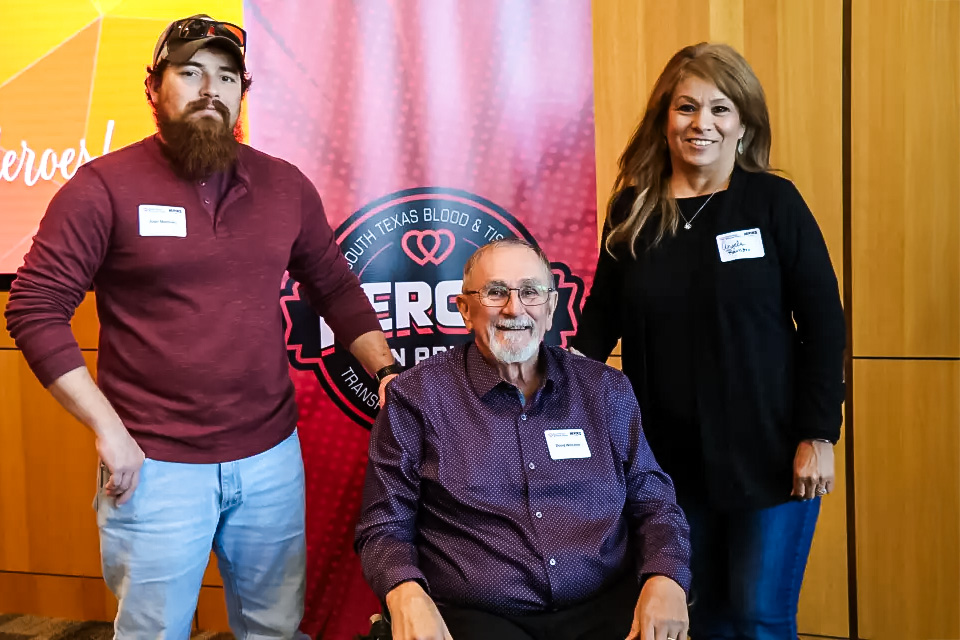The typical blood donation takes about one pint from the 8-12 pints of blood in a typical adult. But how does blood regenerate following a donation?
It’s actually a pretty remarkable process.
Red cells
Let’s start with the red cells, which make up 40-45% of the bloodstream. One of the biggest jobs for red cells is carrying oxygen from the lungs to the rest of your body. When the number of red cells drops, special cells in the kidneys sense a reduction in the oxygen levels in the blood.
Those cells then secrete a protein that travels through your bloodstream to the bone marrow, which is where blood-forming stem cells are produced. The protein tells the marrow that more red blood cells are needed.
Production of additional red cells begins right away. The body can make up to 2 million new red cells a second, but since they are so numerous in your bloodstream, it takes about 6-8 weeks for them to return to pre-donation levels.
Prodigious platelets
At the same time, your body produces prodigious amounts of platelets – up to 100 billion a day – so they return to normal levels quickly, often within days. The tiny, clot-starting platelets make up less than 1% of the bloodstream.
White cells
Your body also will begin the process of rebuilding the supply of white cells, which fight infection. White cells also comprise 1% or less of the bloodstream.
Plasma
The body takes water it already has – and we hope you drank before and after your donation – and uses it to start making plasma, the liquid that carries around the red and white cells, as well as the platelets. The plasma lost in a donation is completely replaced within 24-48 hours. Plasma makes up about 55% of the bloodstream.
The replacement processes determine how often you can donate:
Since platelets regenerate quickly, you can donate them every seven days, up to 24 times a year.
If you make the typical whole-blood donation, you will need to wait 56 days to make sure the red cell count is back to normal levels.
If you donate just red cells, you must wait 112 days, since more red cells are collected than in a whole-blood donation.
Schedule a donation as soon as you’re eligible by calling 210-731-5590 or visiting SouthTexasBlood.org/Give.




